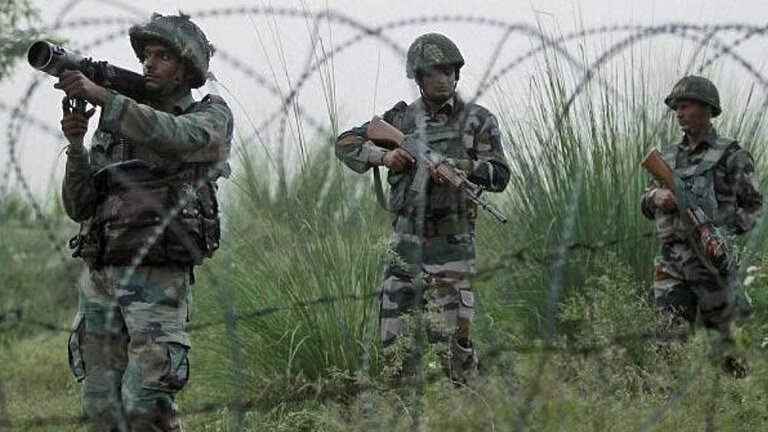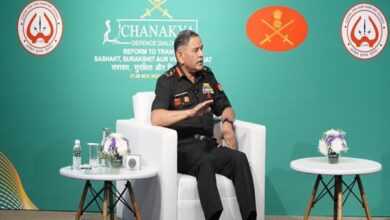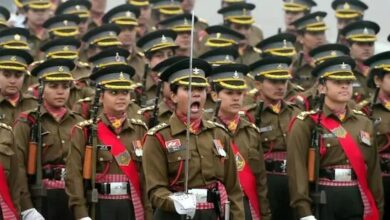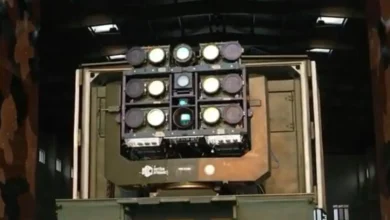Three Naga Rebel Groups Sign Agreements To Stop Fighting With The Government

- The NSCN-IM aren't going anywhere because the group wants a separate Naga flag and constitution, which the central government says isn't possible.
- When a ceasefire agreement was signed, ending decades of fighting in Nagaland that began when India became independent in 1947.
The deal to stop fighting that was made with three Naga rebel groups was extended by a year by the Center on Thursday.
In a statement, the Union home ministry said that the ceasefire agreements between the government of India and the National Socialist Council of Nagaland/NK (NSCN/NK), National Socialist Council of Nagaland/Reformation (NSCN/R), and National Socialist Council of Nagaland/K-Khango (NSCN/K-Khango) are in effect.
“It was agreed to extend the ceasefire agreements for another year, from April 28, 2023 to April 27, 2024 with NSCN/NK and NSCN/R, and from April 18, 2023 to April 17, 2024 with NSCN/K-Khango. It said, “These deals were signed on April 6, 2023.”
On September 8, 2021, the central government signed a ceasefire deal with a group of Naga rebels led by the feared militant Niki Sumi. The National Investigation Agency (NIA) had put out a reward of 10 lakh for Sumi’s capture, saying that he was responsible for the deaths of 18 Indian Army soldiers in Manipur in 2015.
On August 3, 2015, Prime Minister Narendra Modi was there when the Indian government and NSCN-IM signed a framework deal to find a long-term solution.
The framework deal was reached after more than 80 rounds of talks over 18 years. The first breakthrough came in 1997, when a ceasefire agreement was signed, ending decades of fighting in Nagaland that began when India became independent in 1947.
But the talks with the NSCN-IM aren’t going anywhere because the group wants a separate Naga flag and constitution, which the central government says isn’t possible.







Facebook Comments